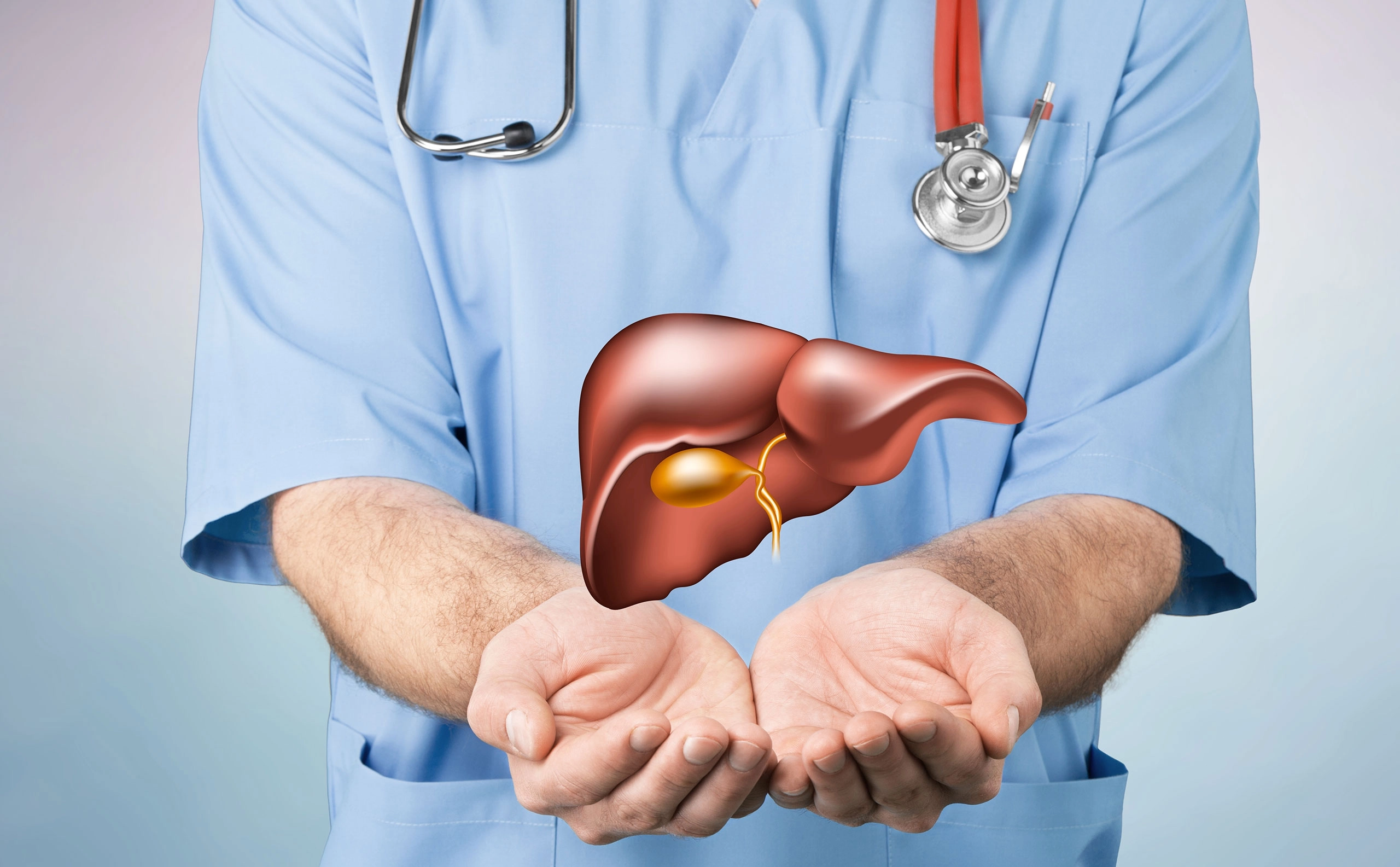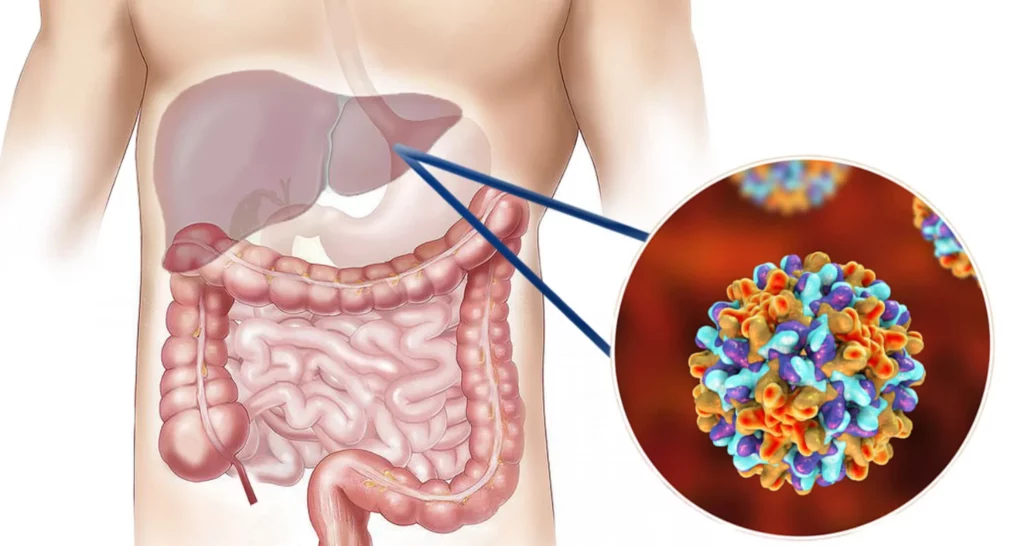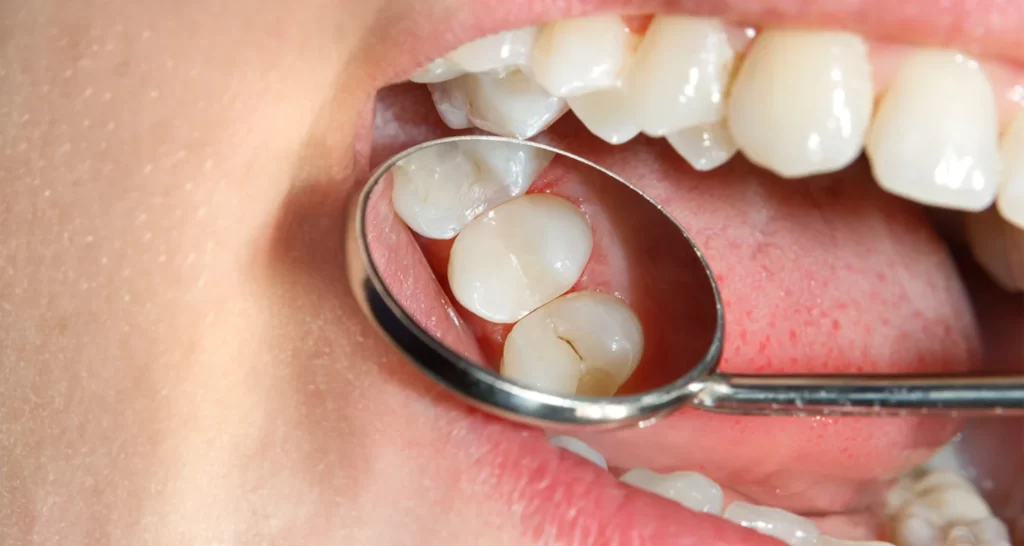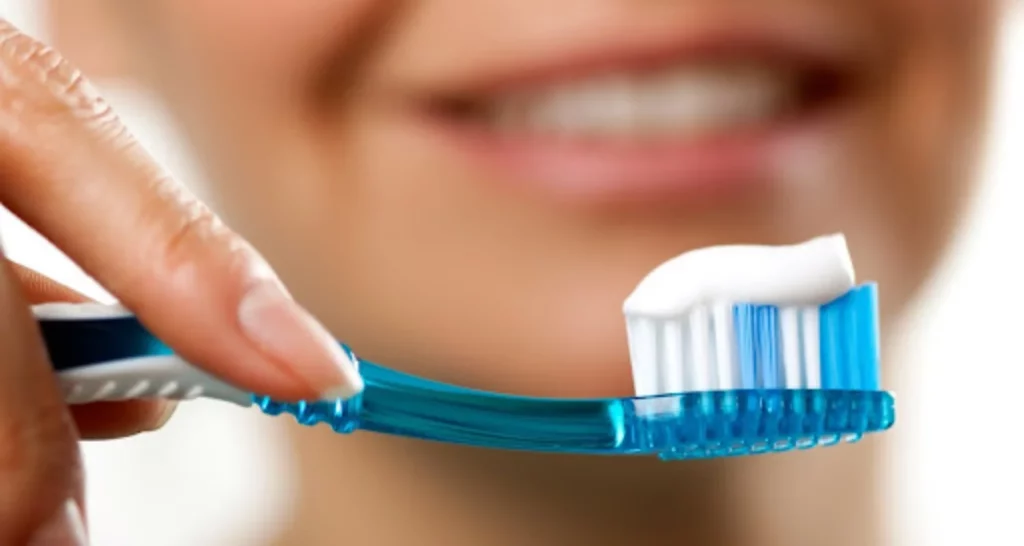Last Updated on: 11th December 2025, 10:35 am
When talking about oral health, attention is usually directed to hygiene habits and regular visits to the dentist. But have you ever considered that Can Liver Disease Cause Tooth decay? In this article, you’ll learn about the surprising connection between liver disease and tooth decay, and how the health of your liver can influence your smile.
Can Liver Disease Cause Tooth decay?
What is liver disease?
The liver is a vital organ that plays a critical role in detoxifying the body and producing essential proteins. When the liver is affected, it can have consequences throughout the body, including oral health.
Liver disease is a term that covers a variety of disorders that affect the liver. It is a global health problem, with millions of people affected around the world. Among the most common liver disorders are:
● Viral hepatitis
● Fatty liver disease
● cirrhosis and teeth problems
● Liver cancer
● Hereditary liver diseases
Caries: causes and mechanisms
Dental cavities are the consequence of a combination of factors and mechanisms. They begin when bacteria present in dental plaque convert sugars and carbohydrates in food into acids. These acids eat away at the protective enamel of your teeth, creating small cavities. If left untreated, these cavities enlarge over time, reaching deeper tissue, causing significant pain and damage. Among the factors that can contribute to the formation of dental cavities are:
1. Poor oral hygiene
2. A diet rich in sugars and carbohydrates
3. Decreased oral pH
4. Defects in dental formation
5. Decreased salivation
How Can liver disease cause tooth decay?
Tooth decay, often associated with oral hygiene, has a surprising connection to liver health. But how does this happen? Can liver disease cause tooth decay? The higher prevalence of caries in patients with liver disease can be explained by:
1. Decreased saliva production:
Liver pathologies, such as cirrhosis and a fatty liver, can affect the production of saliva, a key component in protecting our teeth from cavities. Saliva not only moistens the mouth, but it also contains minerals that strengthen tooth enamel and reduce acidity in the mouth, preventing oral bacteria from damaging teeth. In adverse liver conditions, where there is decreased salivary flow, an environment conducive to the development of cavities is created.
2. Disorders of tooth development and formation:
To form strong, cavity-resistant teeth, it is essential that the body have adequate levels of nutrients, as well as vitamins and minerals. Children with liver disorders often have defects in tooth formation, known as enamel hypoplasia. These appear as white or yellowish spots on the teeth, caused by the lack of tooth enamel formation in certain areas.
When defects occur in the mineralized tissues of the tooth, they are more susceptible to cavities. These abnormalities can be corrected through appropriate dental procedures, which can lead to a substantial improvement in patients’ quality of life.
Prevention of cavities in patients with liver diseases
Here are key strategies to maintain a healthy smile amid liver challenges; 6 Prevention Tips:
1. Rigorous oral hygiene: Brushing and flossing your teeth after every meal is essential. Removing plaque is the most effective technique to prevent cavities. If you’re interested in how to perfect your oral hygiene routine, you can check out this article.
2. Diet control: Limiting your intake of sugars and processed carbohydrates reduces the food available for cavity-causing bacteria. Additionally, a diet rich in calcium and vitamin D helps strengthen teeth.
3. Fluoride supplements: In cases of fluoride deficiency, the dentist may prescribe supplements to strengthen tooth enamel and prevent the formation of cavities.
4. Regular dental checkups: Visits to the dentist should be frequent, at least every six months. This allows for early detection of problems and appropriate care, especially in patients who have or had liver failure during childhood.
5. Saliva stimulation: If liver disease causes dry mouth (xerostomia), specific products, such as sugar-free gum or mouthwash, can be used to stimulate saliva production.
6. Treatment of liver disease: Controlling and treating liver disease is crucial. A healthy liver will contribute to better nutrient absorption and adequate saliva production.
Conclusions:
● Can Liver Disease Cause Tooth decay, due to reduced saliva production and poor absorption of nutrients essential for tooth formation.
● The prevention of cavities in patients with liver diseases is based on rigorous oral hygiene, dietary control and strengthening tooth enamel.
● Regular visits to the dentist are essential to detect and treat problems early.
● Saliva stimulation and oral health education are key components of prevention.
● Joint work between medical and dental professionals is essential to provide complete care to patients with liver diseases.
● The relationship between liver disease and cavities underscores the importance of addressing liver problems not only for overall health, but also to preserve our smile.
Frequently Asked Questions
Is it possible that liver disorders cause dental cavities?
According to scientific studies, there is a correlation between the severity of liver disease and the probability of having teeth affected by cavities, missing or with fillings. Unfortunately, as the patient’s liver condition worsens, managing their oral health becomes increasingly complicated.
Deliver fatty candrive a caries dental?
In the United States, the incidence of nonalcoholic fatty liver disease (NAFLD) is 30.6% and growing. Interestingly, this liver condition shares certain risk factors with oral problems such as cavities and periodontitis.
How does cirrhosis affect dental health?
Similar to other medical disorders, cirrhosis has a negative impact on saliva production, essential for maintaining good oral health. This increases susceptibility to plaque formation, infections, and dental cavities. It has been observed that more than 50% of individuals with cirrhosis experience dry mouth or xerostomia.
Which tooth is linked to the liver?
According to the theory of traditional Chinese medicine and some practices of holistic dentistry, there is a relationship between certain organs and specific teeth. In this case, the canine teeth are associated with the liver and gallbladder. That is, problems or pain in the canines could be an indicator of a liver or gallbladder problem, and vice versa.
If you have dental or liver problems, it is crucial to undergo appropriate medical and dental diagnosis and treatment. These concepts are more linked to alternative practices and should not replace traditional medical advice.
Share:
References
1. Olczak-Kowalczyk1ABCDEF, D., Gozdowski2CDEF, D., Pawłowska3BDEF, J., & Grenda4BDEF, R. (2012). The status of dental and jaw bones in children and adolescents after kidney and liver transplantation. Ann Transplant, 17(4), 72-81.
2. Åberg, F., & Helenius-Hietala, J. (2022). Oral Health and Liver Disease: Bidirectional Associations-A Narrative Review. Dentistry journal, 10(2), 16. https://doi.org/10.3390/dj10020016
3. https://www.ncbi.nlm.nih.gov/pmc/articles/PMC8870998/
4. Startling new research finds poor oral health can make you more likely to develop liver cancer. (s/f). Oral Health Foundation. https://www.dentalhealth.org/news/startling-new-research-finds-poor-oral-health-can-make-you-more-likely-to-develop-liver-cancer
5. Thistle, J. E., Yang, B., Petrick, J. L., Fan, J.-H., Qiao, Y.-L., Abnet, C. C., Taylor, P. R., & McGlynn, K. A. (2018). Association of tooth loss with liver cancer incidence and chronic liver disease mortality in a rural Chinese population. PloS One, 13(9), e0203926. https://doi.org/10.1371/journal.pone.0203926
6. Liver disease & liver problems. (s/f). WebMD. https://www.webmd.com/hepatitis/liver-and-hepatic-diseases
7. Nall, R., MSN, & CRNA. (Apr 2, 2018). What does the liver do? Healthline. https://www.healthline.com/health/what-does-the-liver-do
-
Nayibe Cubillos M. [Author]
Pharmaceutical Chemestry |Pharmaceutical Process Management | Pharmaceutical Care | Pharmaceutical Services Audit | Pharmaceutical Services Process Consulting | Content Project Manager | SEO Knowledge | Content Writer | Leadership | Scrum Master
View all posts
A healthcare writer with a solid background in pharmaceutical chemistry and a thorough understanding of Colombian regulatory processes and comprehensive sector management, she has significant experience coordinating and leading multidisciplina...


















